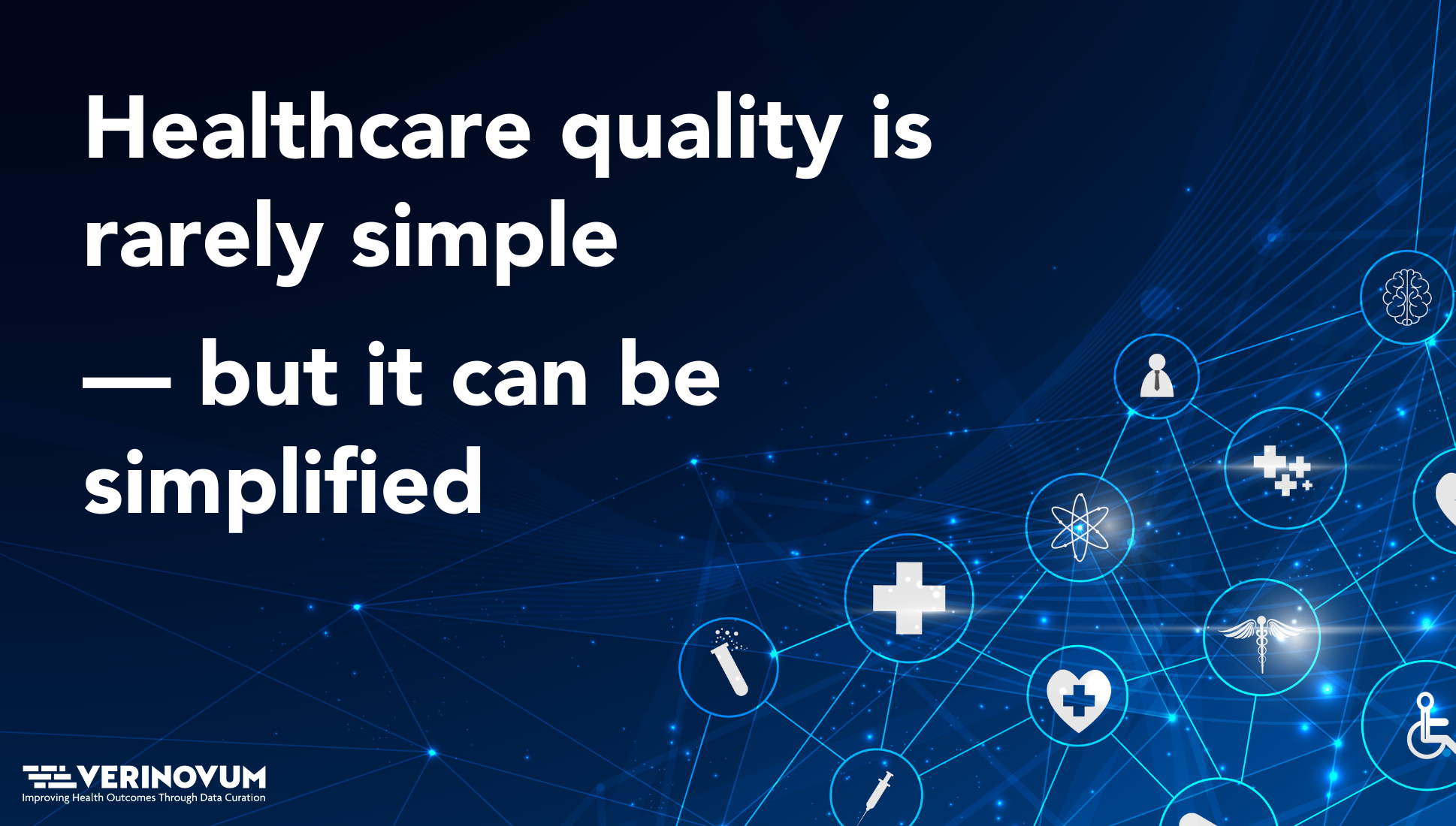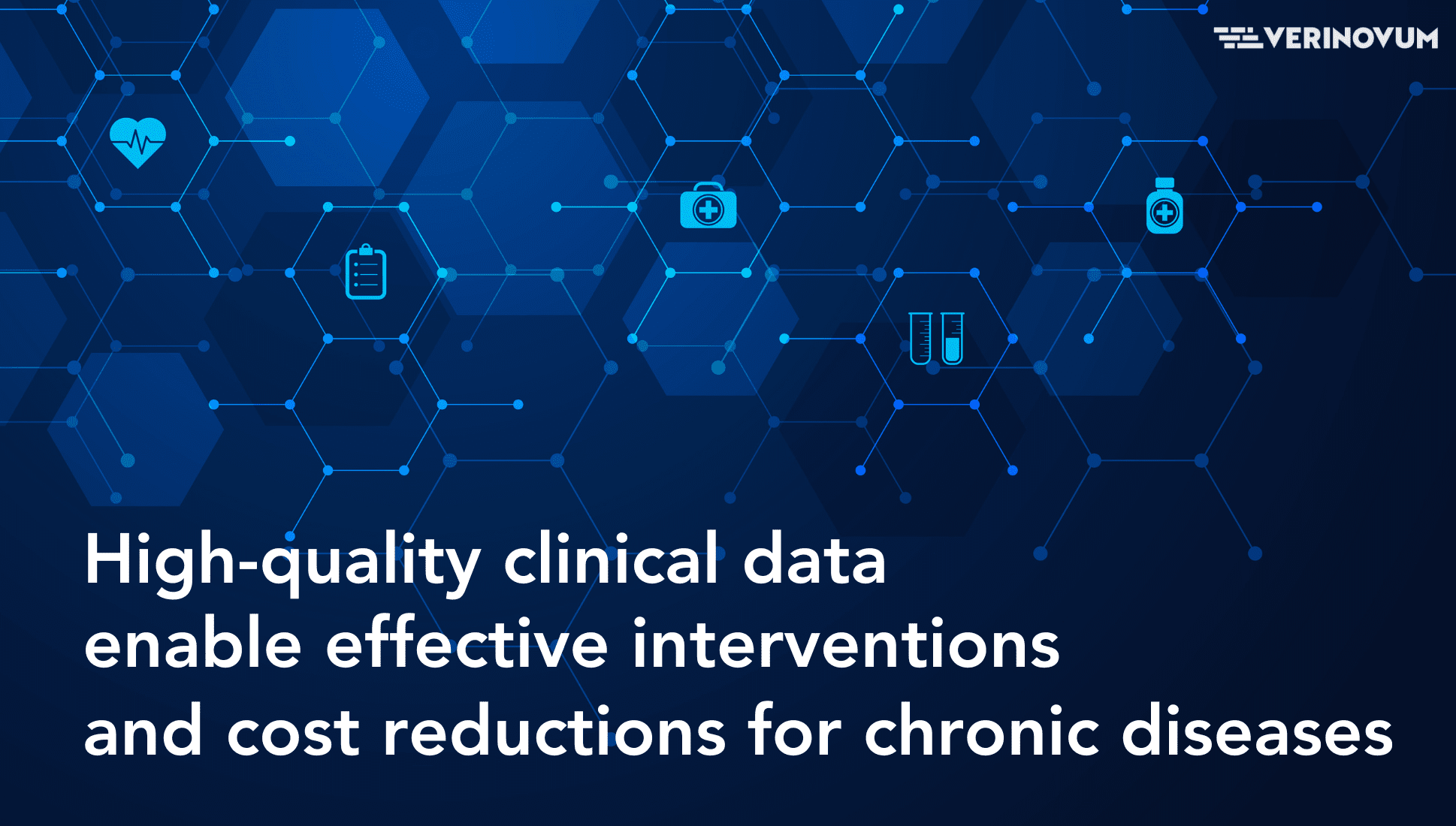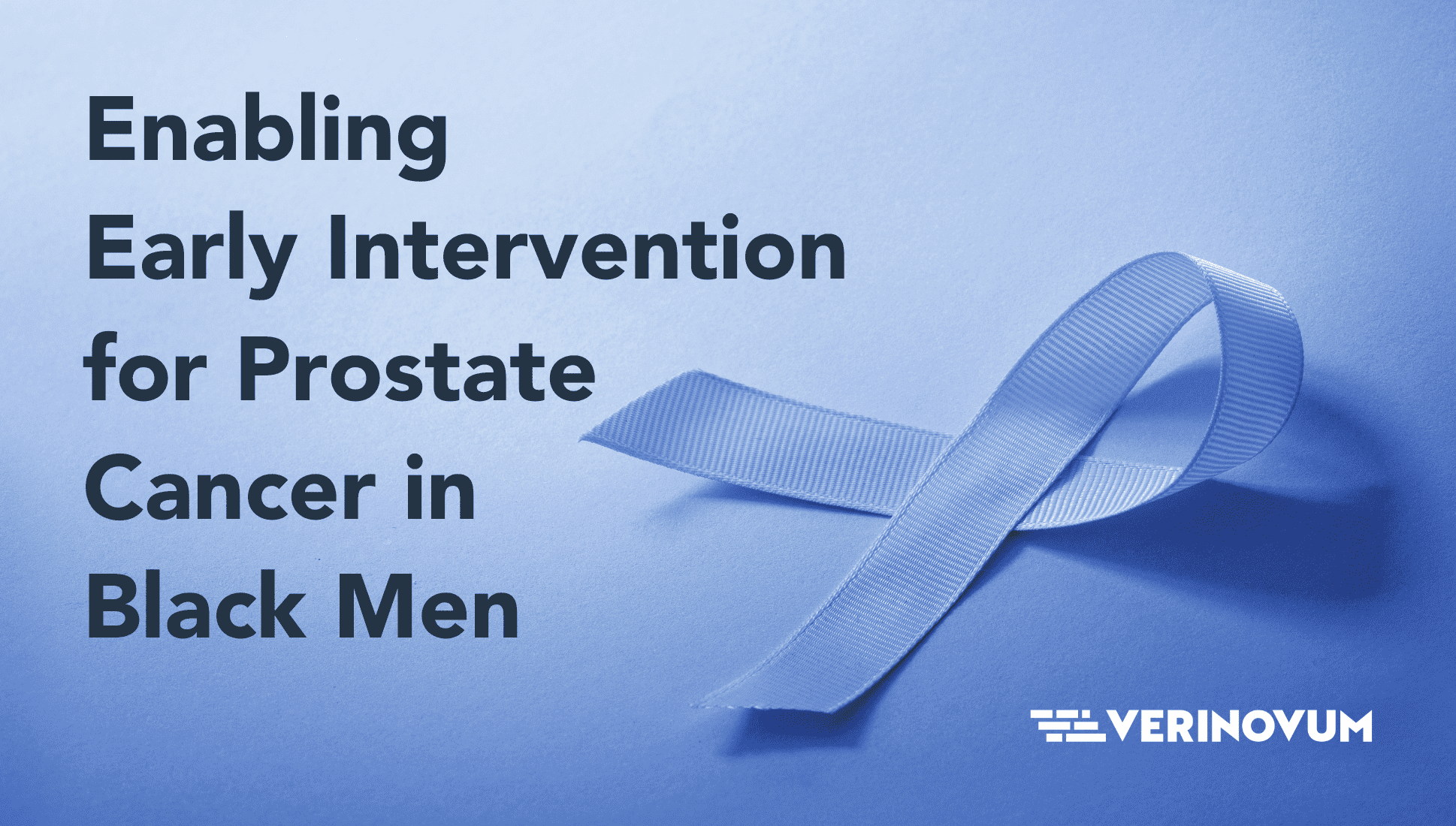Healthcare quality is rarely simple — but it can be simplified
While a seismic shift in the administration, receipt, and payment for healthcare in the U.S. Quality has become a hot topic of discussion among stakeholders, change has been slow. The definitions of quality and value are rarely simple to quantify, and waste and error remain ubiquitous.








